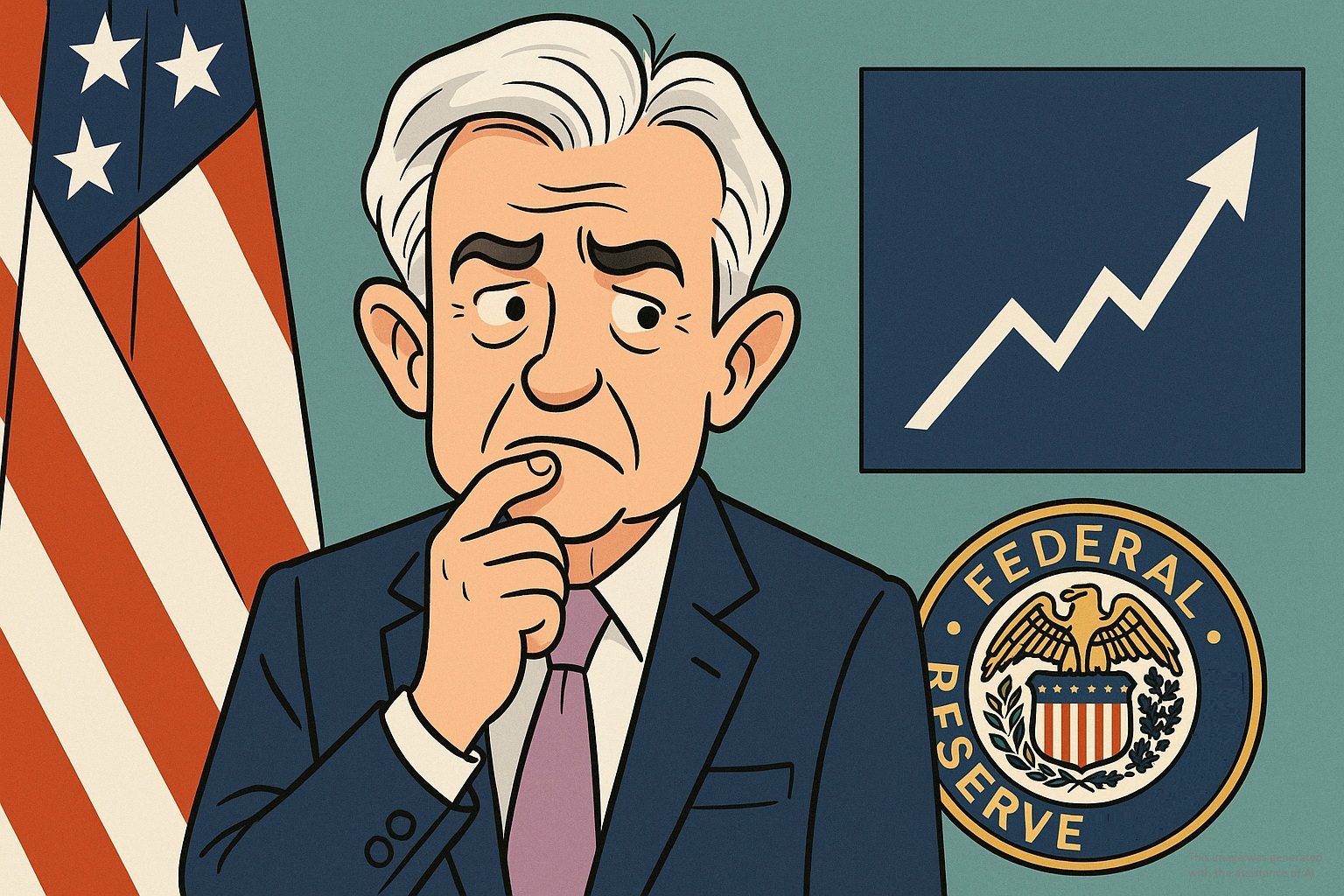Certainly Uncertain
Submitted by Atlas Indicators Investment Advisors on June 30th, 2025
Federal Reserve Chair Jerome Powell addressed the press Wednesday following the Federal Open Market Committee’s decision to keep the overnight interest rate unchanged. During the Q&A, he offered an assessment of the economic outlook in light of recent tariff increases. Powell emphasized that while the U.S. economy remains fundamentally solid, with low unemployment and steady growth in private domestic final purchases (buying from both consumers and business investment), the effects of new tariffs have introduced a significant degree of uncertainty into the economic landscape. He noted that recent swings in net exports, driven by businesses importing goods ahead of potential tariffs, have complicated GDP measurement and contributed to a decline in business and consumer sentiment.
Powell was emphatic about the “highly uncertain” impact and duration of the tariffs imposed this year. He explained that the ultimate effects of these tariffs will depend on their final scope and how quickly they are passed through the supply chain to consumers. While some price increases, especially in categories like personal computers and electronics, are already evident, Powell cautioned that many goods currently on store shelves were imported before the tariffs took effect, meaning the full inflationary impact may not be felt until later in the summer. He stressed that the inflationary effects could be short-lived, representing a one-time shift in price levels, but also warned that they could prove more persistent if not carefully managed.
Given this uncertainty, Powell kept reminding listeners of the Fed’s dual mandate (i.e., maximum employment and stable prices) and where the economy is relative to the central bank’s assessment of these measures. In short, he seems to believe that the central bank is well positioned to wait for more data before making any policy adjustments. He emphasized the importance of keeping longer-term inflation expectations anchored and preventing a temporary price increase from catalyzing into a sustained inflation problem, preferring instead to keep it transitory. Powell concluded by acknowledging that the Fed may face challenging trade-offs if its goals of full employment and price stability come into conflict, but for now, patience and careful observation remain the appropriate course as the economic effects of tariffs continue to unfold. Of course, less than a mile away at 1600 Pennsylvania Ave, President Donald Trump has suggested that the need for deliberation is unnecessary and that the central bank is certainly behind the curve.

